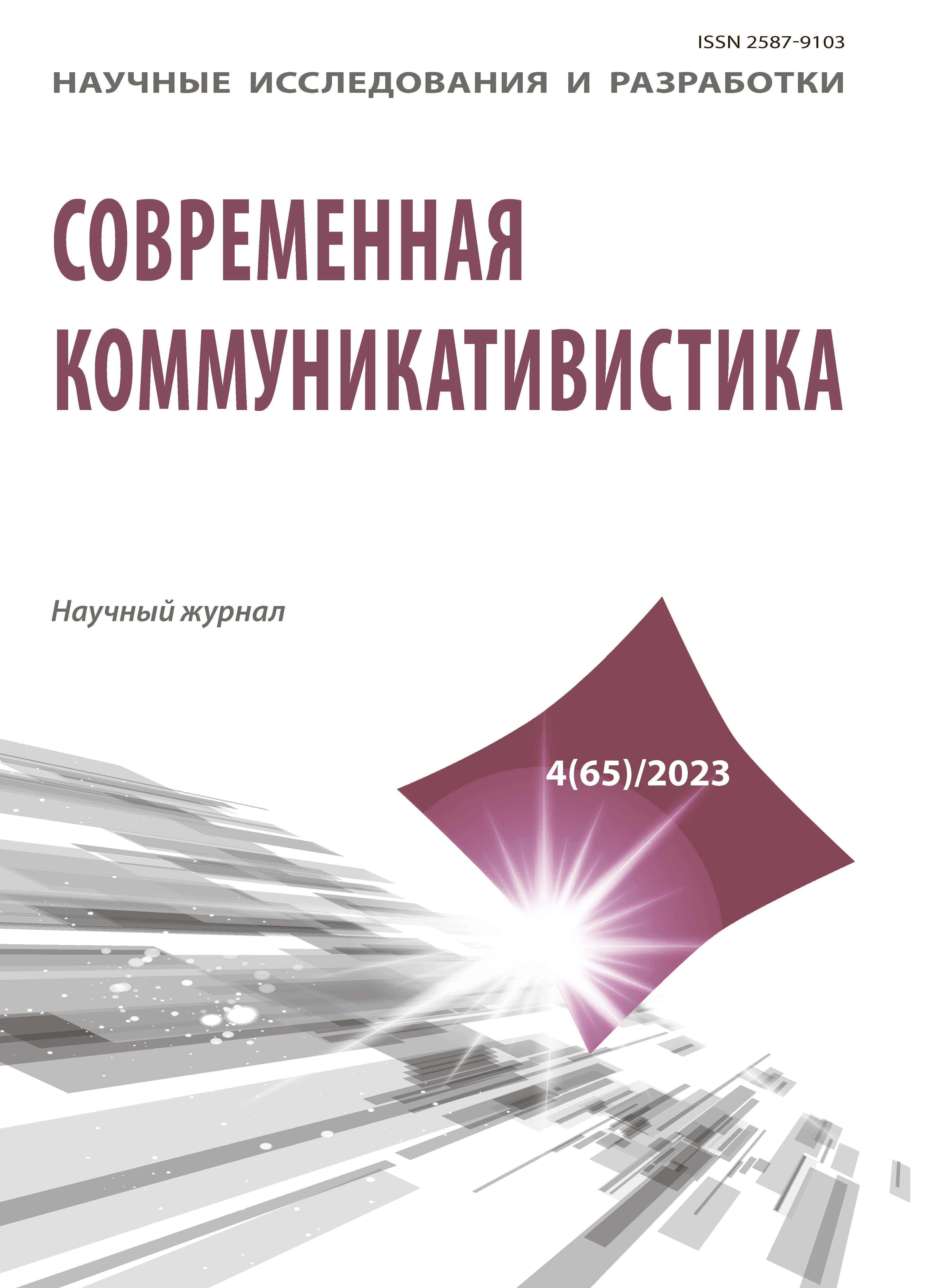Russian Federation
Russian Federation
In modern society, communication on the Internet has completely changed the scenarios of human communication and education. Social networks provide access to information and global exchange of it, which poses new challenges to pedagogy as a science about the purpose and content of education. Internet pedagogy as a field of study and research activity explores the problems of the importance of the Internet for education and self-education, identifying the main forms of online learning, the relationship between the educational potential of the Internet and its actual use, the advantages and disadvantages of what users share online and what they learn with it. Aim. To identify the attitude of students to education in social networks to confirm the relevance of microlearning and mobile learning as challenges to the transformation of the communication environment of modern education. Methodology and research methods. To conduct the study, a questionnaire was developed, distributed using Google Forms. 466 university students from Chelyabinsk took part in the study. The sample type is spontaneous. The sampling contour is formed by registered users who have shown interest in this Internet survey. The mechanism for selecting respondents is self-selection. Results. The communication environment of modern education is undergoing transformation, education with social networks is becoming more and more popular. The Russian market of educational services is not yet so acutely reacting to these transformations. We can predict that microlearning and mobile learning will become a serious alternative to the traditional educational environment in the coming years. Scientific novelty. Analysis of the transformation of the communication environment of modern education allowed us to identify new trends - microlearning and mobile learning. Practical significance. The identified trends will help the educational environment to prepare adequate responses to the identified challenges.
communication environment, education, social networks, microlearning, mobile learning
1. Bard, A. (2005) Netokratiya. Novaya pravyashchaya elita i zhizn' posle kapitalizma [Netocracy. The new ruling elite and life after Capitalism]. (in Russ.).
2. Zabarnaya E.N. (2016) Social'nyj media-marketing [Social media marketing]. Vestnik Volynskogo instituta ekonomiki i menedzhmenta [Bulletin of the Volyn Institute of Economics and Management]. 5. P. 74-82. (in Russ.).
3. Zvonickaya V.A. (2020) Ispol'zovanie social'nyh setej v dopolnitel'nom professional'nom obrazovanii [The use of social networks in additional professional education]. International Journal of Humanities and Natural Sciences. 9-2 (48) P. 53-57.
4. Kinyasheva YU.B. (2021) Ispol'zovanie social'nyh setej v sisteme vysshego obrazovaniya sovremennoj Rossii [The use of social networks in the higher education system of modern Russia]. Bulletin of the VSU. Series: Problems of Higher Education [Bulletin of the VSU. Series: Problems of Higher Education]. 3. P. 30-33.
5. Dutton W.H. Internet studies: The foundations of a transformative field. The Oxford Handbook of Internet Studies. Oxfor; 2013. 630 p/
6. Farmer H., Ramsdale J. Teaching competencies for the online environment. Canadian Journal of Learning and Technology. 2016; 42 (3). P. 1-17.
7. Luckin R. Re-Designing Learning Contexts: Technology-Rich, Learner-Centred Ecologies. Routledge; 2010. 208 p.
8. Murphy D. 9 (2012) The Architecture of Failure. John Hunt Publishing. 168 p.
9. Negroponte N. (1999) Being Digital. 243 p.
10. Seery A. (2010) Education, the formation of self and the world of Web 2.0. London Review of Education. 63-73 p.
11. Siemens G. (2005) Connectivism: A learning theory for the digital age. International Journal of Instructional Technology and Distance Learning. 2. P. 1-6.







